Free Printable Subtraction Worksheets Grade 1 are an essential source for understanding, arranging, and creative activities. Whether you're an instructor, moms and dad, or trainee, these ready-to-use resources conserve effort and time. From academic worksheets for mathematics, scientific research, and grammar to creative templates like planners, calendars, and coloring web pages, there's something for everybody. With the ease of printable styles, finding out and productivity can be improved at home or in the class.
Discover a wide variety of personalized designs that deal with different requirements and ages. These templates make discovering interactive and enjoyable while promoting creativity. Download and install, print, and start utilizing them today!
Free Printable Subtraction Worksheets Grade 1

Free Printable Subtraction Worksheets Grade 1
Money worksheets for preschool and kindergarten including matching coins to their names matching coins to their values identifying coins and counting Use these worksheets to teach children about different British Coins. Encourage children to draw a line to match the coin to the correct value.
Printable Identifying Coin Worksheets Education

Subtraction Worksheet For 2nd Graders
Free Printable Subtraction Worksheets Grade 1Use these printable worksheets to help students recognize and identify American coins: pennies, nickels, dimes, and quarters. In these money worksheets students match coins to their values The goal is instant recognition of the value in cents of pennies nickels dimes and quarters
These worksheets help preschool students match money to a value. Aligned Standard: K.CC.B.5 Lesson Sheets All about matching the piggy bank or purse to the ... Grade 1 Subtraction Worksheets Free Printables Math Worksheets Teach Child How To Read Free Printable Second Grade Subtraction With
Coin Recognition Matching Worksheets Teacher Made Twinkl

SUBTRACTION Kindergarten Subtraction Worksheets Math Subtraction
Identifying coins and their value Kindergarten Money Worksheet Online reading math for K 5 www k5learning Draw a line to match the coin with its value Single Digit Addition And Subtraction Worksheets With Pictures
This worksheet requires the students to count the amount of money and match it to the correct amount This worksheet only uses 1 coin per Simple Subtraction Worksheet Free Printable Educational Worksheet Subtraction Worksheets For Grade 1
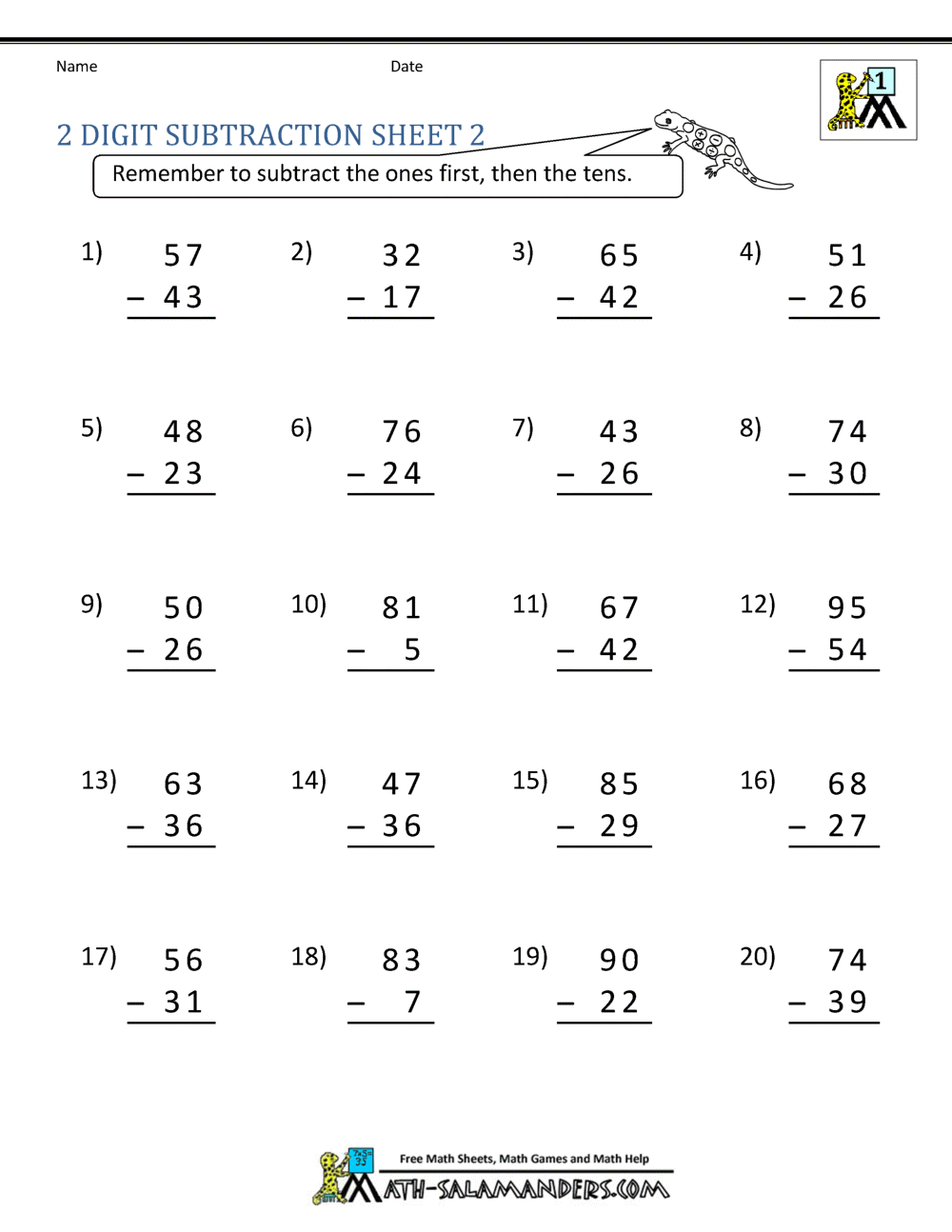
2 Digit Subtraction Worksheets Pictorial Subtraction Archives
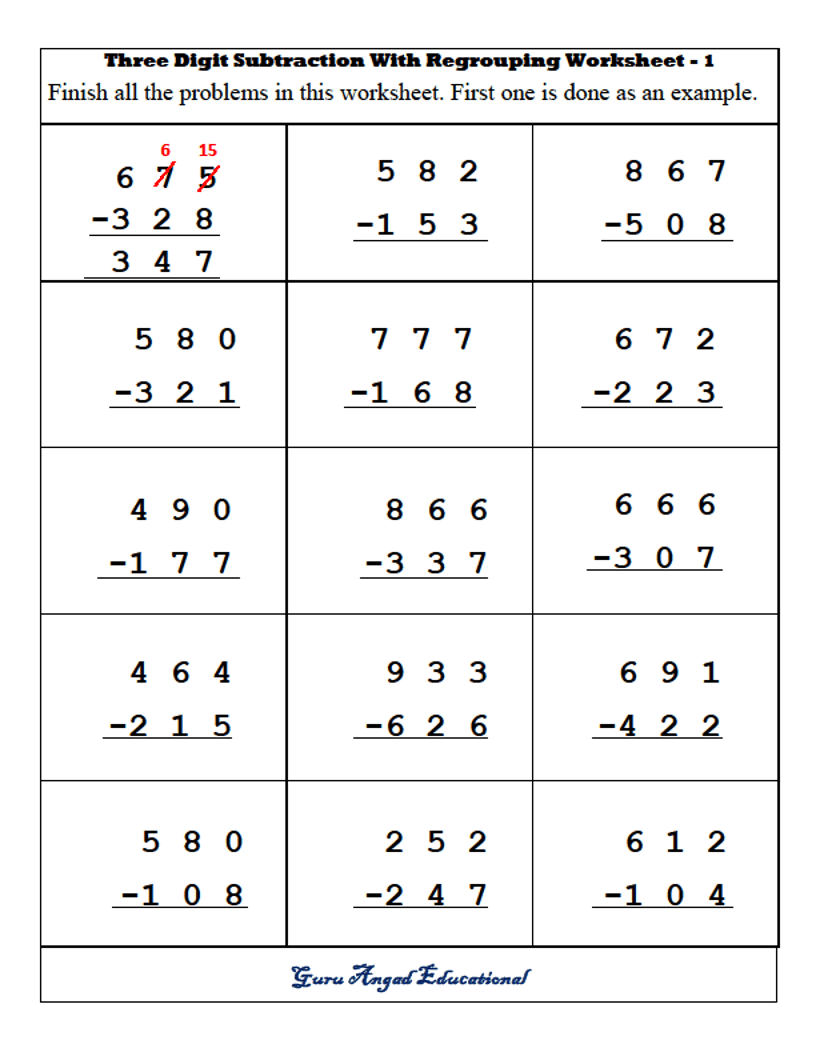
Subtraction With Regrouping 3rd Grade Worksheets WorksheetsCity

2nd Grade Math Subtraction Printable Worksheets Learning How To Read
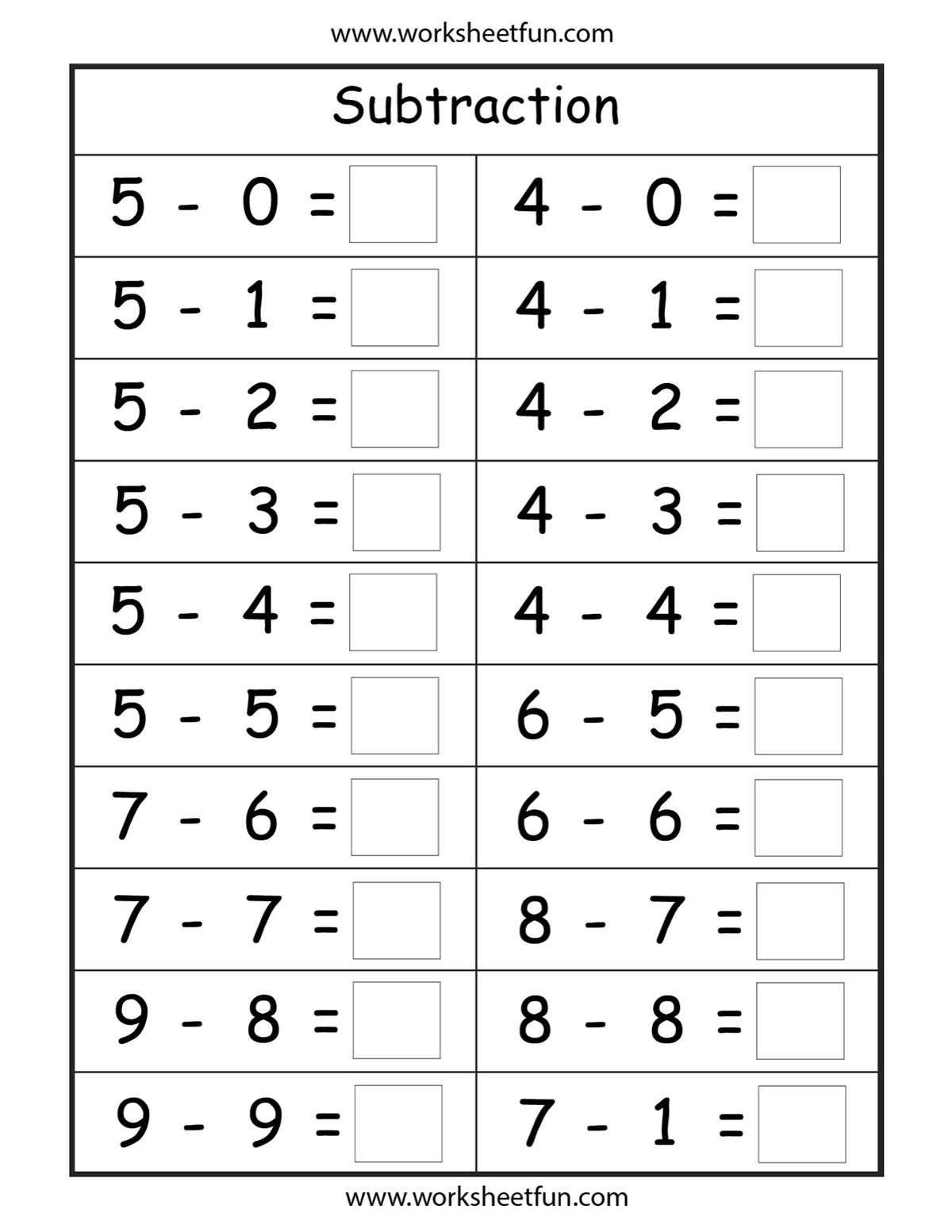
Subtraction For 1st Graders Worksheets WorksheetsCity
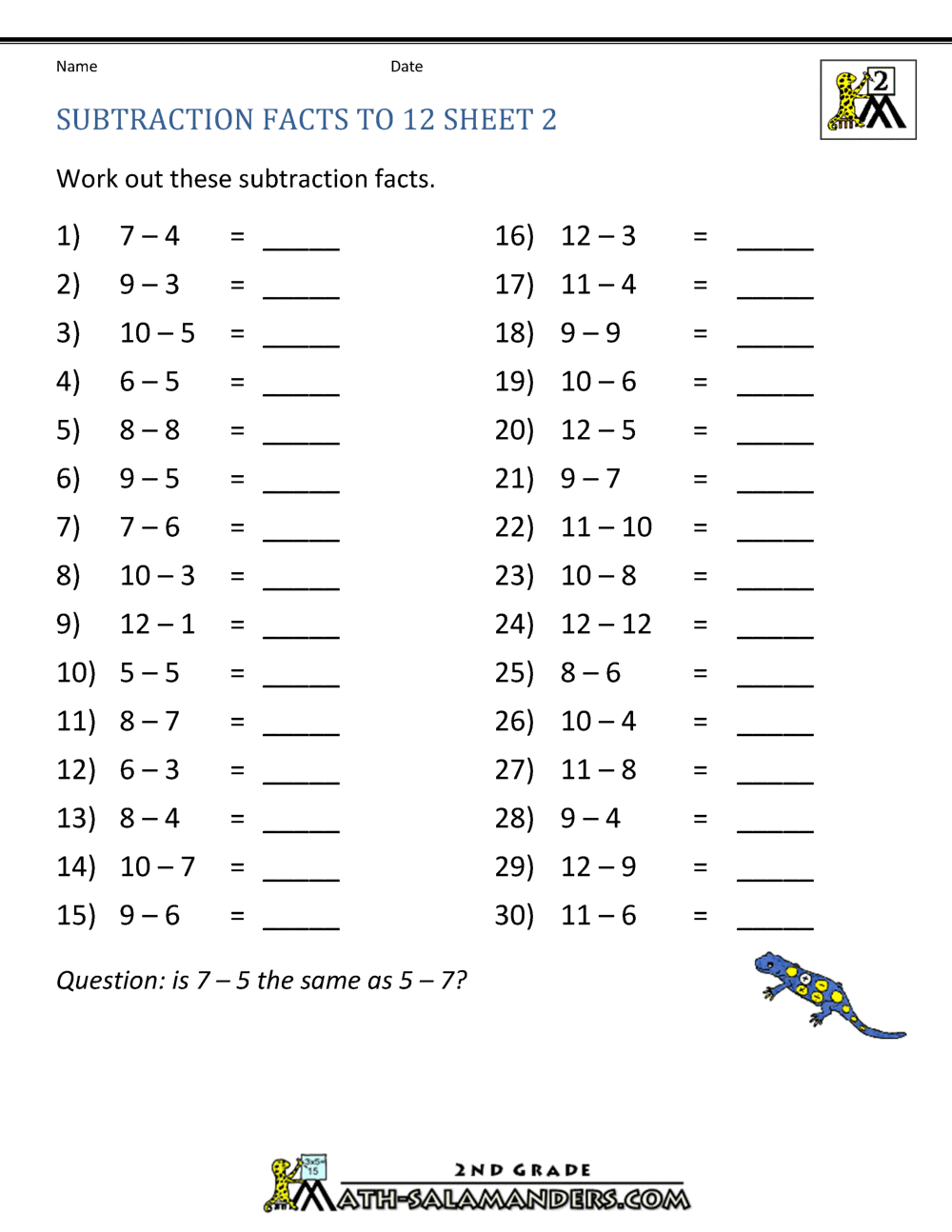
Free Subtraction Worksheets To 12
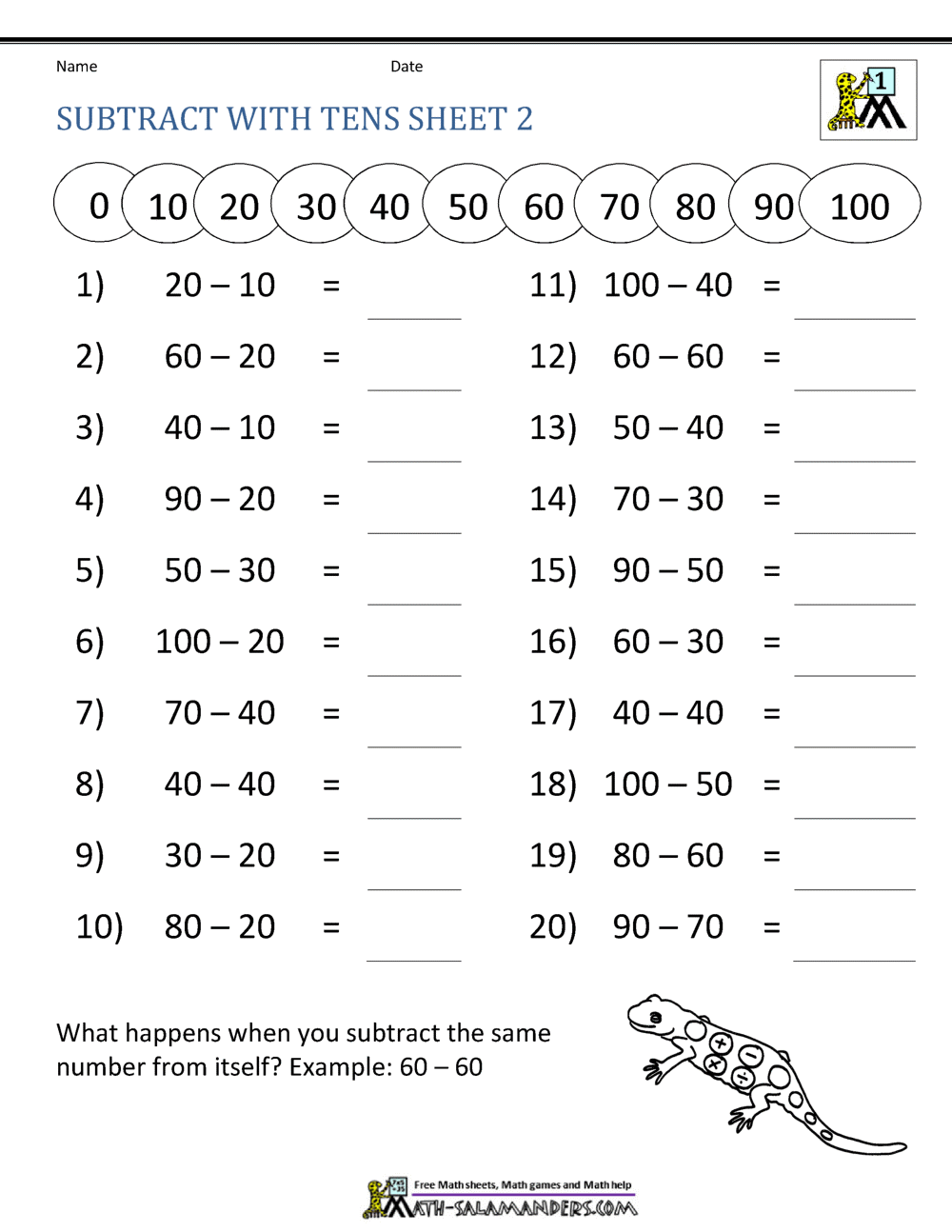
Printable Subtraction Worksheets Grade 1
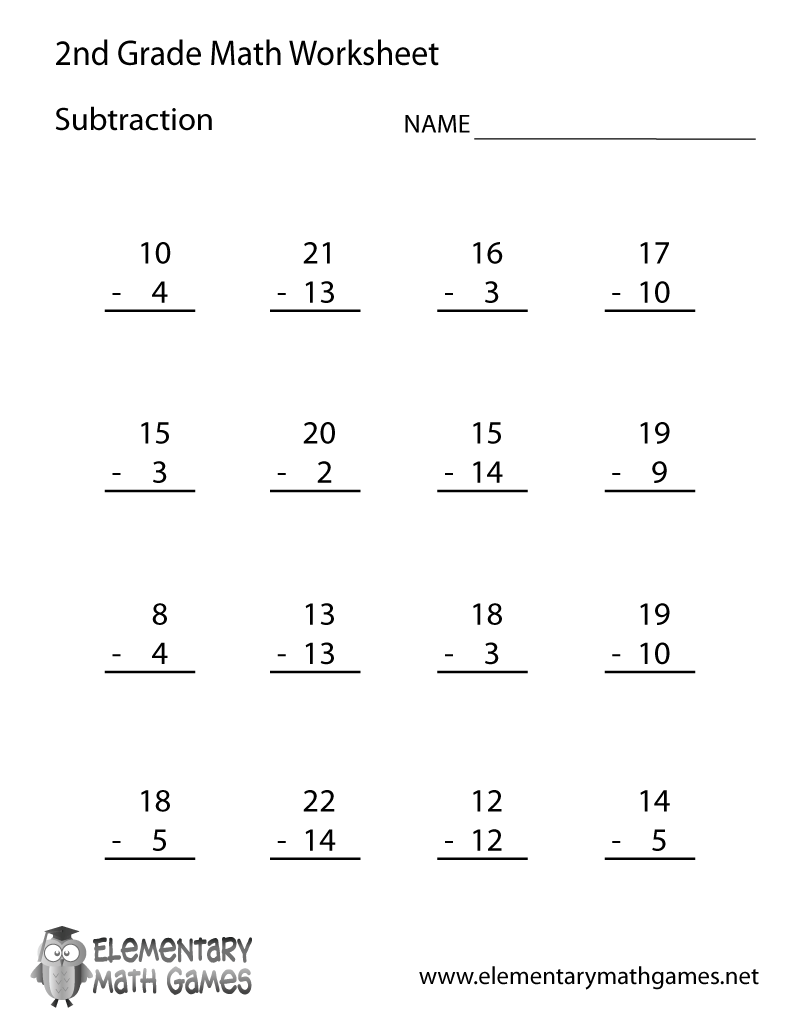
Second Grade Subtraction Worksheet

Single Digit Addition And Subtraction Worksheets With Pictures

Subtraction Printable Worksheets
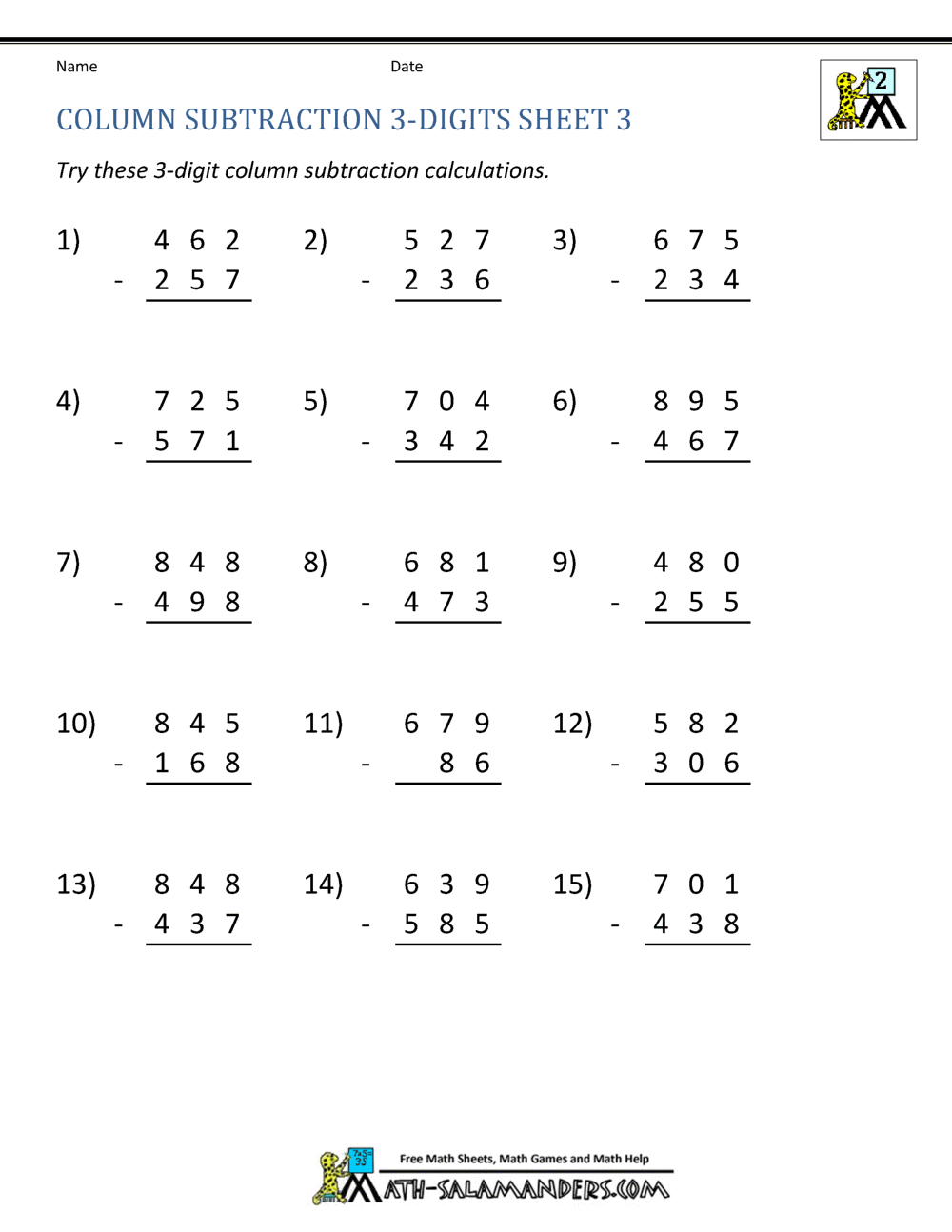
3 Digit Subtraction Worksheets 3 Digit Subtraction Without Regrouping